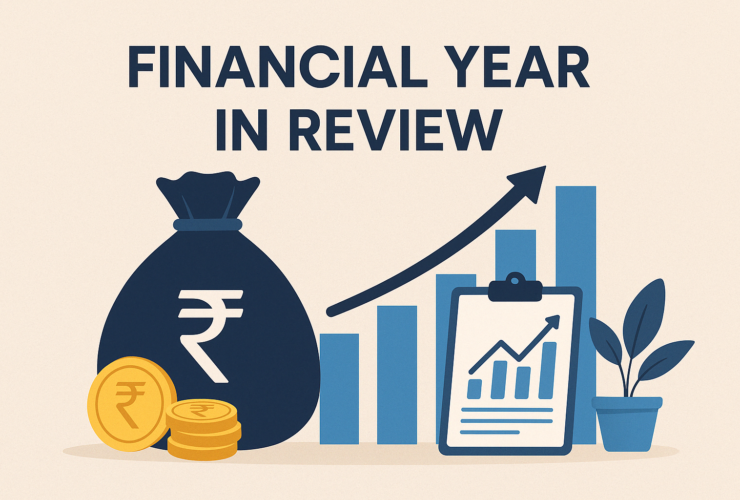Are we transferring a Third World Asset to our First world kids?
Shashi Tharoor : in his essay “A Land of Belonging” (via Penguin India) writes : “The singular thing about India is that you can only speak of it in the plural. There are, in the hackneyed phrase, many Indias. Everything exists in countless variants”
There are many Indias, when we compare the investing world as well. The divergence exists in terms of the levels of regulation, transparency, convenience, investor protection and ease of transacting.
On one hand, Indian capital markets ( financial markets in general) adhere to the global standards : India secures top -most rating and on the other our real estate eco-system leaves a lot to be desired. While recent regulations like RERA have tried to improve the environment, but a lot more needs to be done.
I like to call it the First World (financial assets ) vs Third World (Real estate) Divide :

Let me make it very clear, the third world characteristics also allow for ‘great’ returns due to asymmetry of information. But this works only for a minority of investors, who are higher in the ‘food chain’ of the real estate world. For majority, the experience is sub optimal.
However, this article is not about which one of these two investing choices are better. To be fair, for the previous generation, real estate was often the right choice given limited financial market access and lack of advisory eco-system.
However, given the changing landscape, we wanted to share, what we believe is a big risk shaping up in affluent households. What are we alluding to ? The risk of parents leaving an asset still dominated by Third World characteristics for their next generation, who are clearly been groomed in the First world environment. Would these kids have the temperament and mental bandwidth, required to navigate the complexity that comes with these Real estate investments ? In our limited experience, they struggle and with every passing generation, the gap is only widening.
On the other hand, the Indian financial eco-system has made rapid strides and kept pace with the global standards. Our kids ( believe it or not, if you are reading this article, you belong to the top 1-1.5 % of India ) are far more aligned to this world order.

It’s worth pondering: Are we making investment decisions based on what’s optimal for our family’s future, or based on what feels familiar and socially comfortable?
Sometimes the hardest wealth-building decisions are the ones that feel slightly uncomfortable at first. That discomfort might just be the price of breaking free from generational patterns that no longer serve us.
The next generation has a choice that previous generations didn’t have as clearly: access to transparent, regulated, liquid financial markets alongside traditional real estate. The families who thrive will be those who harness both.
Do check out some of our blogs on real estate
Disclaimer: Any calculation shown in this post is only for illustrative purposes and based on prevailing tax laws and the past performance of a fund or investment is not an indicator of it’s future performance. The data used in this presentation has been taken from several sources. Neither BuckSpeak nor any of its employees vouches for the authenticity of the data. Investing in mutual fund comes with market risk. Please read all Scheme Information Documents (SID) /Key Information Memorandum (KIM) and addendums issued thereto from time to time information and other related documents carefully before investing. Past performance is not indicative of future returns. Please consider your specific investment requirements before choosing a fund. Investment should be done in consultant with a financial planner/consultant, who would recommend products aligned to your needs and risk profile. There are no guaranteed returns. Neither BUCKSPEAK NOR ITS EMPLOYEES, makes any warranties or representations, express or implied, on products offered and would be responsible for any losses from these investments. The company earns commission from Asset Management Companies when the user buys mutual funds. However, the recommendations on funds is not influenced by the commission earned





